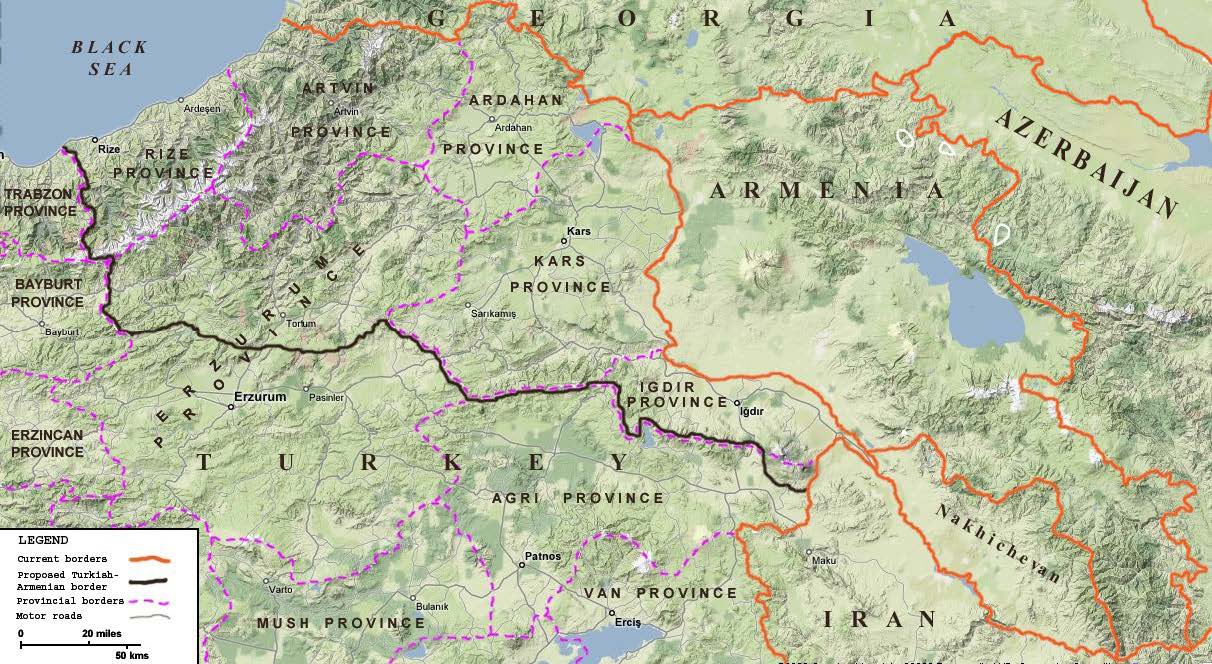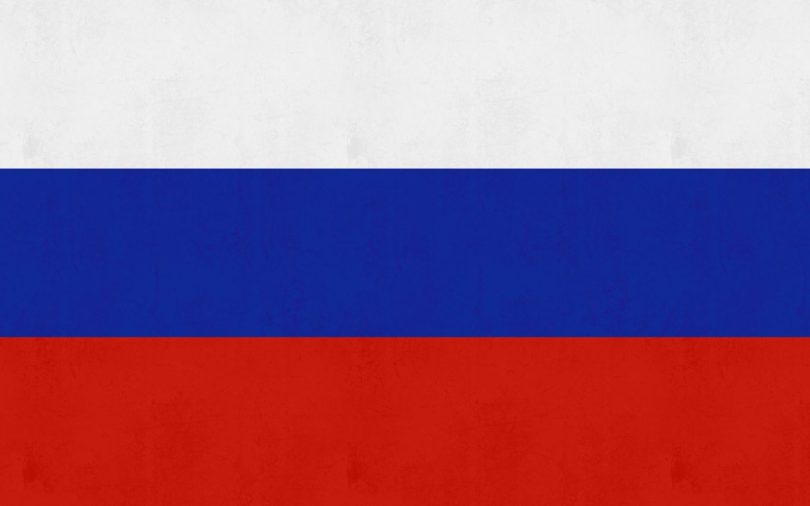David Davidian*, Yerevan, Armenia January 2019
Abstract: Russia recognized the Turkish genocide of the Armenians in 1995, with reiterations in 2005 and 2015. This recognition is similar to other states having accepted the historical reality of this crime without full recognition in support of reparations.
Armenia didn’t represent enough for the west to take an active interest in its post-Soviet transition. Given the conflict with Azerbaijan for sovereignty over the region of Nagorno-Karabakh, and existential enmity with NATO ally at the time, Turkey, Armenia had no choice other than to strategically ally itself with Russia. Since then, Russia has purchased a majority of Armenia’s energy and other domestic infrastructures. Russia has a military base in the north of Armenia, an airbase near the capital, jointly patrols Armenia’s Turkish and Iranian borders, and a presence at Armenia’s international airport.
Russia has significant influence over the stability of Armenian sovereignty in the region of Nagorno-Karabakh. Russia supplies both Armenia and Azerbaijan with heavy weapons, yet Armenia and Russia are members of the Collective Security Treaty Organization (CSTO), not Azerbaijan. Turkey is a strategic ally of Azerbaijan, and both engage in multidimensional anti-Armenian diplomacy and have blockaded their borders with Armenia.
Russia possesses the tools to measure, balance, and react to many factors associated with regional political dynamics. Russia is in a position where, if serving its interests, will support full recognition of the Armenian genocide with land reparations as shown on the accompanying map.
Background: Armenian-Russian relations have been complex since Russian expansion into the southern Caucasus region in the early 19th century. Successive Russian tsars encouraged Armenian immigration from Turkey into larger southern Caucasus cities.
With systematic Turkish oppression against Armenians escalating in the late 19th century, many Armenians looked to Europe and especially Russia as saviors. By the time Russian forces advanced west, deep into Turkey during WWI, the majority of Armenians were victims of genocide. Many surviving Armenians, as far away as Van, retreated with Russian soldiers into the southern Caucasus. The 1917 Bolshevik revolution caused a Russian abandonment of its forward positions in Turkey with its 1878 Turkish frontier border becoming fluid.
Russian Bolsheviks viewed and were led to believe that the post-WWI Turkish national movement was anti-imperialist resulting in relations between Bolshevik Russia and Turkey in a state where the Turkish-Bolshevik Russian frontier agreed to in the 1921 Treaties of Kars and Moscow approximated its pre-1878 position, entirely in Turkey’s interest.
From 1945 to 1953 Moscow proposed several initiatives for annexing to the Soviet Union former Armenian and Georgian-populated regions of northeast Turkey centered on the provinces of Kars and Ardahan. Some proposals included territory from the Black Sea to the southwest of Lake Van. These post-WWII war reparations and related initiatives were supported by both Soviet Armenian and Soviet Georgian leaders. However, such proposals were opposed by the United States and Great Britain in many international forums and eventually abandoned.
Current Russian policy: Russian policy is predicated on ensuring its federated integrity, including land acquisition, in the face of NATO at its borders. While the Caucasus region is currently within its sphere of influence, despite a defiant Georgia and semi-compliant and tolerated Azerbaijan, Turkey remains a nemesis to Russia at its southwest as pan-Turkism and pan-Sunni stewardship lay in the shadows, with its potential influence streaking across the south of Russia. Russia and Turkey have been traditional adversaries with battles fought on historic Armenian lands, yet cooperate in areas of common interest.
With the November 2015 Turkish shoot-down of a Russian SU-25 over Syrian airspace, relations between Turkey and Russia reach a low point where Russia was considering withdrawal from the Treaties of Kars and Moscow that defined the Soviet-Turkish border and subsequently the Turkish frontiers with Armenia, Georgia, and the Azerbaijani exclave of Nakhichevan. However, subsequent events in Syria brought common cause between Turkey and Russia. Such mutual interests are fleeting.
However: A classical flexible Russian reaction to regional dynamics and Turkish land reparations in support of the sovereign expansion of Armenia to the Black Sea, where
- A friendly Armenia furnishes a new north-south trading route from the Black Sea through Armenia, Iran, and south, offering an alternative route strengthening Russian Black Sea regions and Russia can participate in the infrastructural integration of these reparated lands.
- A resulting self-sufficient Armenia will provide Russia an ally with enhanced strategic significance.
- Russian can influence the establishment of an Armenian coast guard.
- An economically strengthened Armenia can maintain the necessary political characteristics that will lessen the disintegrating effects of religious or ethnic agitation coming from the west and south of Armenia.
In summary: Russia is in a strong historical and geopolitical position to fully recognize the Armenian genocide. Russian support for land reparations to Armenia will offer it a new north-south trade, lessen the demand on the Bosphorus, and enhance its presence in the eastern Black Sea region. The latter is significant given China’s Silk Road initiative. A stronger Armenia counterbalances ethnic, religious, and political bloc encroachment in the entire region. Given the appropriate regional dynamics, Russian policymakers can consider supporting full recognition a viable option.
* David Davidian is a US-born citizen residing in Armenia. He is an Adjunct Lecturer at the American University of Armenia.


